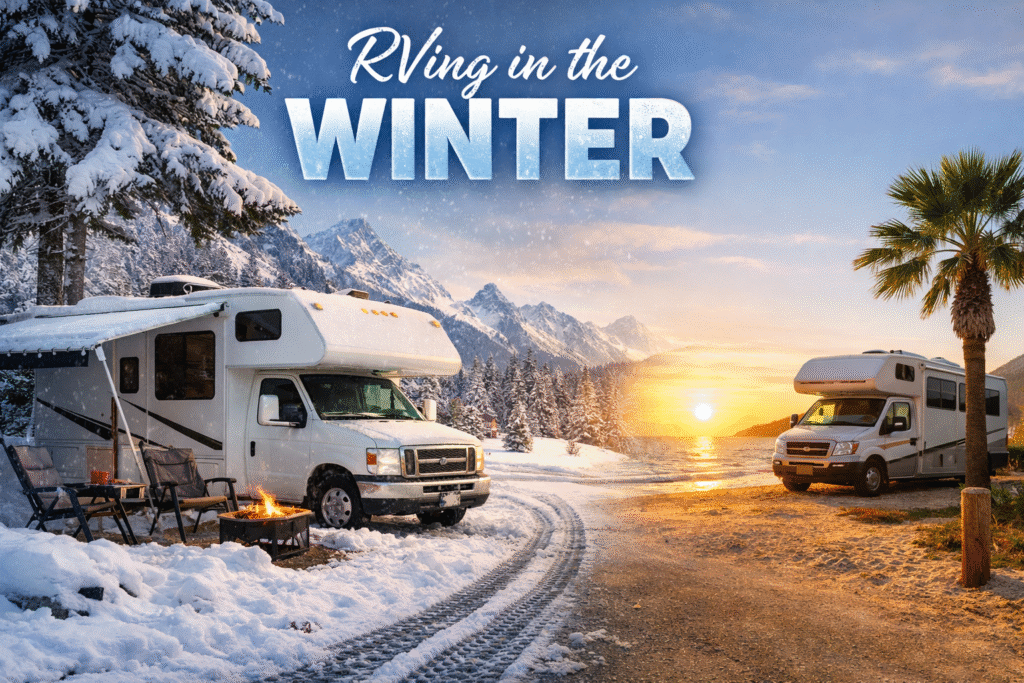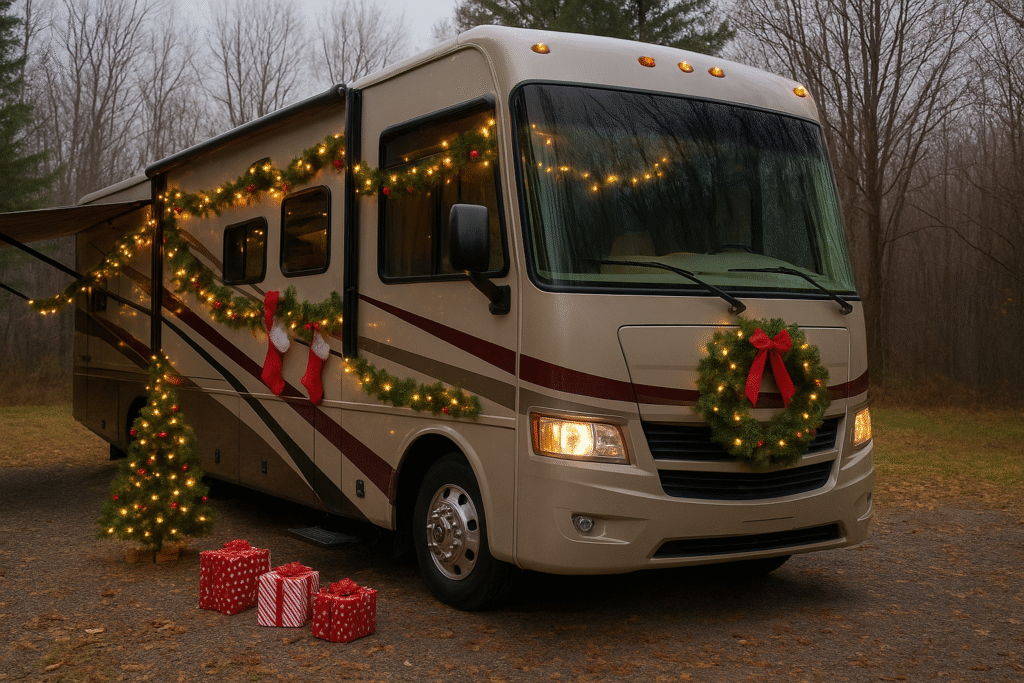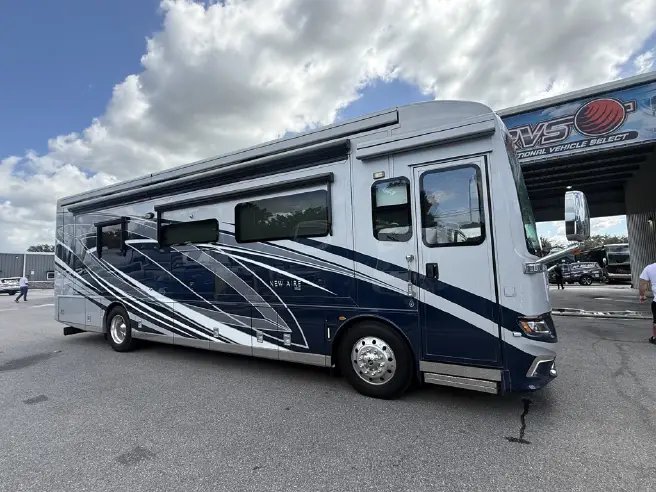Buying and traveling in a recreational vehicle is one of the finest ways to vacation and see the country. Unfortunately, many people tend to automatically dismiss RV travel as not being an option for them. Why? From telling themselves traveling in an RV will be too expensive to thinking that an RV will hinder their flexibility, there are a number of misconceptions that some people believe confirm why they shouldn’t own and operate their very own RV. You may believe some of them yourself.
If you’re not sure whether an RV is right for you, take time to learn the truth about some of the most common misconceptions about RV ownership:
- “I need a special license to drive an RV.” – This statement is mostly false. There are a great many motorhomes and truck campers that can be operated with a regular driver’s license. And travel trailers and fifth wheelers are to be towed by trucks and certain SUVs, so no special licenses are needed for those either. Some larger motorhomes and towables may require a Commercial Driver’s License (CDL) to operate in certain states, but that’s typically only when rigs have a gross vehicle weight rating (GVWR) of more than 26,000 pounds or are more than 45 feet in length. The state of Florida doesn’t require a CDL to operate any RV, regardless of weight.
- “I can’t afford an RV.” – You may be surprised to learn that there are so many more options out there than the luxury motor coaches and high-end fifth wheels (some in the $100,000 price range and go up) that you may envision when you think of RVs. But there are pop-up campers, travel trailers, and even some camper trucks and motorhomes that are incredibly affordable. And don’t discount buying a pre-owned RV. When you buy from a reputable and experienced RV dealer, buying a pre-owned vehicle can be a great way to experience RV travel for a price tag that works with your budget.
- “It’s going to cost me a fortune to gas up an RV.” – Just like gassing up your car, filling up your RV tank is a necessary evil. But keep in mind that the size of your RV can determine how much money you spend on gas for your rig. The larger the RV, the more gas you will need. If saving money on gas while RVing is on your agenda, opt for a smaller rig, don’t drive too fast (maintaining an average speed of 55 miles per hour can help you conserve gas), and keep up with maintenance, just like you would with your car.
- “Traveling in an RV will limit my options.” – Sure, you may not be able to drive every type of RV on narrow, twisting mountain roads. But there are plenty of RV options available on the market today that are well-built and easy to drive, even in different types of terrain and conditions. Plus, as your “home on wheels,” an RV is the definition of flexibility. If you want to try a different campsite or move to a new location for a better view, an RV can allow you to do that. You can get the most out of your vacation time that way.
So, if you’re considering buying a rig – whether a truck camper, a toy hauler, or a motorhome – take time to truly research your options and look at what could fit into your budget. Don’t let these misconceptions affect your decision!
Want to learn more about RV ownership? Contact us!




